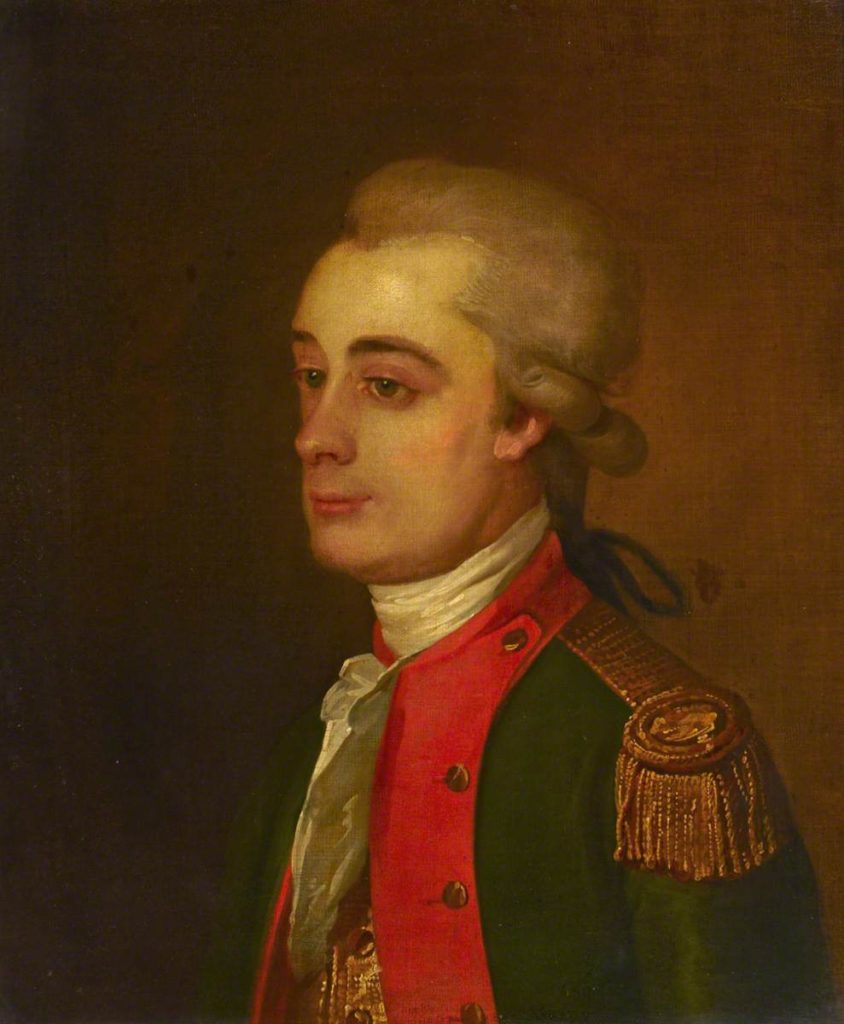By Lindsay Winkler with Dave Singer
“I will be the gaoler. You will see … that the gaoler will have no salary – will cost nothing to the nation”
So said Jeremy Bentham in 1786 after visiting his brother Samuel in Russia. The Panopticon was designed to give people the impression they were constantly watched, even when they weren’t. Bentham submitted his design to the Committee for the Reform of Criminal Law in England. While it was never built to his exact specifications, the Panopticon still remains an influential model for surveillance. The concept can be extended beyond prisons, especially today with the proliferation of CCTV and the amount of personal data we give away by our almost unceasing interaction with electronic devices.
Bentham’s Panopticon assumes that people behave in a more desirable way when being observed. As it’s logistically challenging to watch everybody all the time, he designed a system that would cause people to think they were constantly under watch.

The Panopticon had nice little add-ons, one which allowed the public to watch the watcher. Today some may feel we are all constantly watched. But many of us don’t mind. Some of us even welcome it arguing, “if you have nothing to hide…” while at the same time gazing intently over their neighbour’s fence.
Large swathes of the population are seemingly oblivious to any sense of surveillance. Getting the next big contract, paying for the kids’ piano lessons … and in these times of plague: just surviving, these are more pressing concerns.
Who will watch the watchers?
There were implementations of Bentham’s panopticon (e.g. the Presidio Modelo), but it didn’t take off as Bentham might have hoped. But something like a Westfield, where you can safely assume there’s blanket CCTV coverage that may or may not be trained on you right now, is effectively equivalent. It’s a stupid place to mug someone. Bentham, of course, probably couldn’t imagine cheap digital storage of video.
But to what extent should we actually be aware we’re being watched? How much should our governments tell us? Governments are often happy to point out how heavily surveyed other countries are. So there’s no excuse not to be aware of it. And we’re just going to have to get used to it.
And on another note and not within the scope of this article – there are genuine needs for surveillance to combat fraud, cybercrime, and violent manifestations of extremism. But we have to ensure sufficient checks and balances so that public officials are restrained and reasonable in their actions and decision making. Our governments employ humans. Humans have emotions, ideas and ideologies.
Maybe we should just welcome monthly drinks and drown our thoughts in whiskey. It can be much bleaker for those on the fringe of society’s mainstream. People who aren’t as white, rich and cis as Sarah and Jeff.
There’s a social trend towards acceptance of harmless, consensual behaviour between consenting human adults, no matter how esoteric. There’s less reason to be ashamed of harmless behaviour and that’s a good thing. If we adopt a hopeful outlook, then over time the parameters of the panopticon will be forced to align with actually relevant ethical behaviour.
God is the traditional panopticon
Belief in the god of Abraham and Isaac is basically a panopticon with the all-seeing God penetrating our every thought. Santa Claus is a nicer version of this old man upstairs who “knows when you are sleeping and knows when you’re awake.”
These myths have instilled both hope and fear into our hearts. The Eastern religions don’t fare much better when it comes to total surveillance, with the Buddha stating there is nowhere in the universe you can hide from karma, while the Hindu atman inside you is an all-seeing eye linked to universal Brahman.
So as a species, it seems we’ve either been comfortable with knowing our behaviour is potentially monitored, or we’ve been pretending all along, and either can be construed as positive news.
A reason to be fearful
With the tools of surveillance becoming ever more refined, are fascist tendencies on the rise? A recent example of overzealous State monitoring is the arrest and detainment of a Sri Lankan university student at the University of New South Wales on terrorism charges. He was framed by a fellow student. The police offered no apology for the incarceration, while the falsely accused had to abort his studies, his name forever smeared. Our surveillance agencies could have, and should have, handled this better.
Vigilance is needed to combat the rise of unrestrained populism, nationalism, isolationism and other attempts to box other “undesirable” humans. A notorious example of boxing is the Brexit campaign’s portrayal of middle-eastern refugees as a horde, or the Daily Mail’s Katie Hopkins labelling people from less privileged countries as ‘cockroaches‘. Audiences who consume this propaganda live entirely in the present. Who started these wars in the Middle East? Who occupied these developing countries for hundreds of years?
Perhaps God, god and the gods have always been fabrications. Maybe we didn’t nail the son to Nietzsche’s cross, but the very act of nailing him made him the Son. Maybe even today we are creating new Gods with the release of every Avengers movie. Religious thinkers may be prophets in the sense that technology is bringing about God with machine learning. Perhaps the web is gaining in consciousness with every blog post and will eventually enslave us, without us knowing!
Maybe Matthew 7:15 was not cautioning us to beware false prophets, but to fight fake news.
With each passing day the internet grows, with more material added for public consumption. Many think-tanks and even espionage agencies now get much of their material from open sources. They just know where to find it and what to search for.
In certain segments of society, awareness is growing that we are each creating indelible records of ourselves, and even our children, as we upload every second milestone of our children’s achievements onto Facebook.
Facebook records have already been used by agencies like Cambridge Analytica to target advertisements that influence political campaigns. Much of our data is already publicly readable based on the privacy settings on our social media accounts and our web surfing. Many privacy settings require conscious effort on the part of the user to turn on. Maybe we should just sell our data to the highest bidder.
We see how much information is available for those with even the smallest forensic comb when political candidates have their past history laid bare and acts committed as a university student can derail an entire career. This may become reality for all of us. We’ll be able to search not only against full text, but intent and inclinations, while law enforcement agencies will have their full Minority Report.
There is a huge amount of thought that happens in advance of it being realisable: so many ideas in computing and mathematics were formulated completely and correctly before there was ever any way of implementing them. And religiosity might be similar: epic fantasy constructed by idle men from antiquity that is in reality very, very farsighted.
Read more of Lindsay Winkler at www.lindsaywinkler.com/
